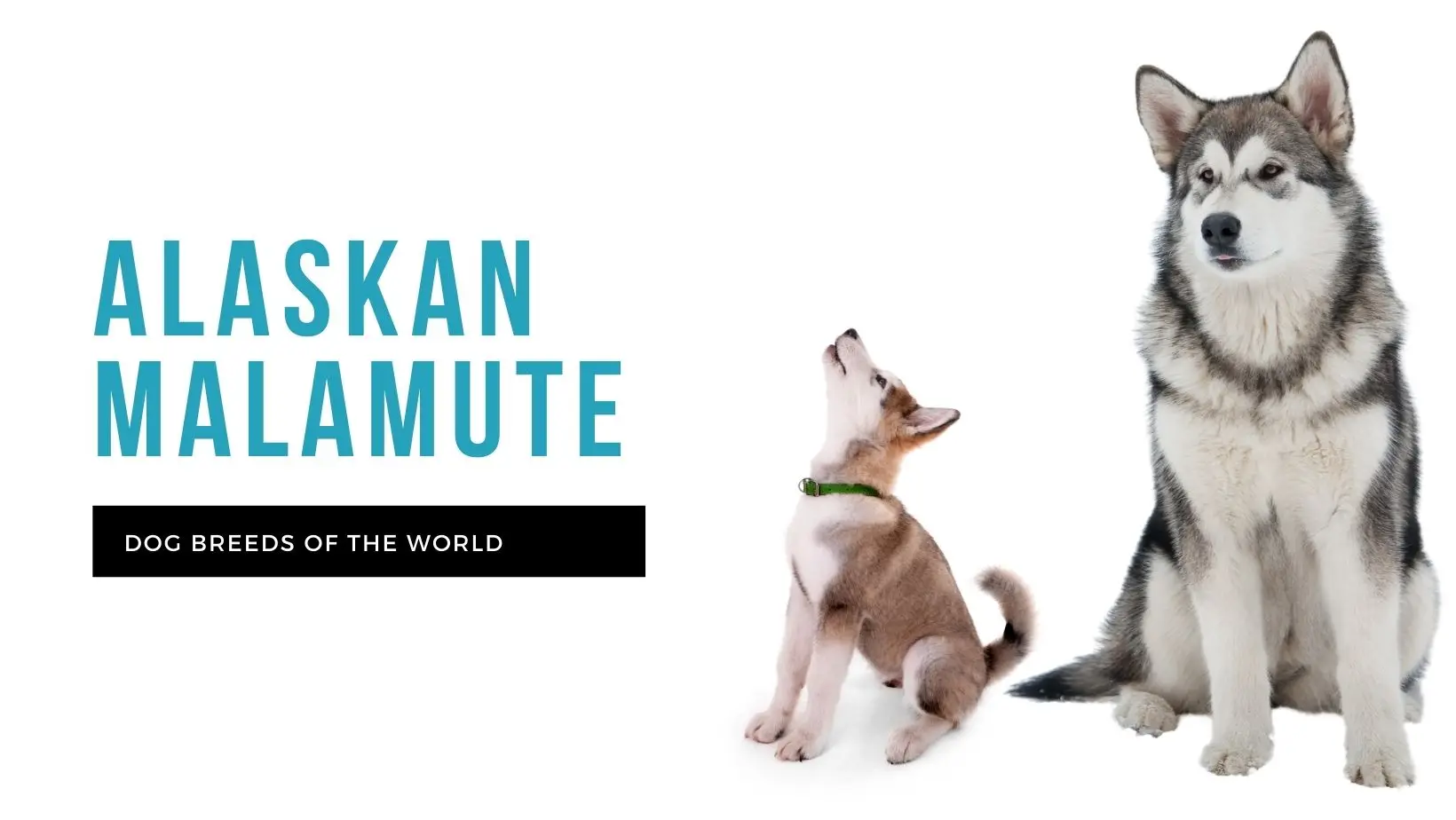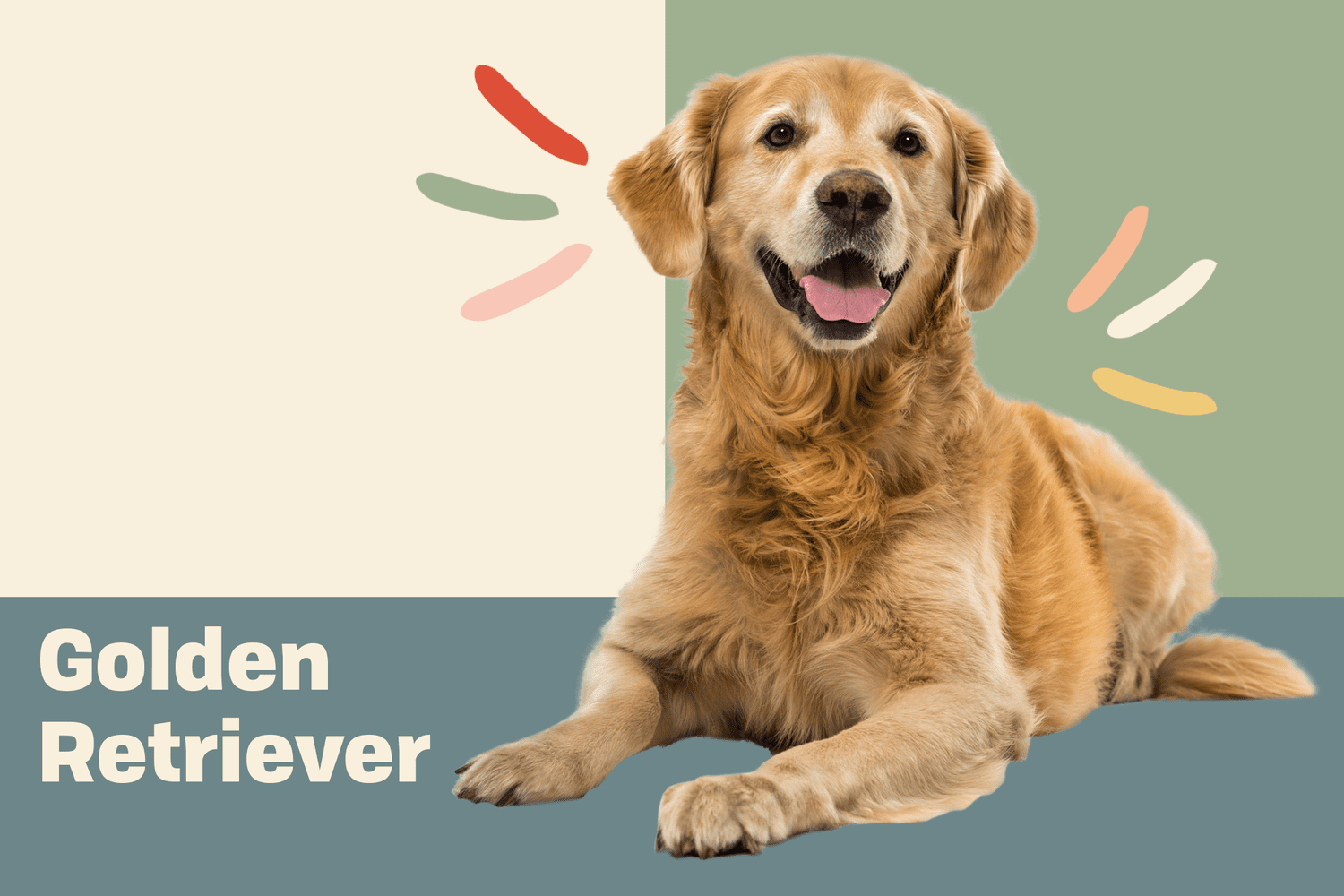The Ultimate Guide to Newfoundland Dogs: Complete Details, How-to Guide, Training, Care, Choosing, Pros and Cons, and Price
The Newfoundland is a majestic and gentle giant known for its size, strength, and loving nature. These dogs are not only famous for their impressive stature but also for their excellent temperament and remarkable working abilities. Originally bred as working dogs in the cold waters of Newfoundland, Canada, they are incredibly loyal and make wonderful family companions. This guide will provide a comprehensive look at the Newfoundland dog, covering everything from choosing one to training, care, pros and cons, and price considerations.
1. Introduction to Newfoundland Dogs
Newfoundlands are large, muscular dogs with a calm and gentle demeanor. They are part of the mastiff group and are often referred to as “gentle giants” due to their temperament. Despite their size, they are known for being affectionate, good-natured, and excellent with children. Their natural affinity for water makes them outstanding swimmers, and their history as working dogs has imbued them with traits of intelligence, loyalty, and a strong work ethic.
Origin and History: Newfoundlands originated in Newfoundland, Canada, where they were primarily used by fishermen to haul nets, rescue people from drowning, and assist with pulling carts. Their webbed feet and thick, water-resistant coats made them ideal for working in cold and wet conditions. Over time, their gentle nature and ability to work alongside humans made them beloved companions, and they have been cherished pets for centuries.
2. Physical Characteristics of Newfoundland Dogs
Size and Weight: Newfoundlands are massive dogs, with males typically weighing between 130-150 pounds (59-68 kg), and females weighing between 100-120 pounds (45-54 kg). Males stand around 28 inches (71 cm) tall at the shoulder, while females are slightly smaller, typically standing about 26 inches (66 cm) tall.
Despite their large size, Newfoundlands are known for their grace and elegance. They move with surprising agility and ease, despite their bulk.
Coat and Color: Newfoundlands have a double coat: a dense, waterproof undercoat, and a longer, coarser outer coat. Their fur is thick and may require regular grooming to prevent matting. The breed’s coat is typically black, but they can also be brown, Landseer (white with black markings), or gray.
Because of their heavy coat, Newfoundlands are more comfortable in cooler climates, and they are less suited to hot, humid environments. Regular brushing helps keep their coat healthy, though they shed quite a bit, especially during seasonal changes.
3. Personality and Temperament
Newfoundlands are widely known for their gentle and calm nature. These dogs are incredibly friendly, affectionate, and great with families, including children and other pets. They are especially well-known for their patience and tolerance with kids, making them an ideal family dog.
- Gentle Giants: Despite their large size, they are affectionate and patient. They tend to be calm and non-aggressive.
- Affectionate: Newfoundland dogs enjoy spending time with their families and thrive on attention and companionship.
- Protective: They are naturally protective of their families, which makes them excellent watchdogs, although they rarely show aggression.
- Intelligent: Newfoundlands are smart and responsive, making them relatively easy to train.
- Loyal: These dogs are extremely loyal and will bond closely with their family members.
However, they may not always be the best choice for first-time dog owners due to their size and training needs. They can be a bit independent, so early training and socialization are important.
4. Training Newfoundland Dogs
Training a Newfoundland requires patience, consistency, and positive reinforcement. While they are intelligent, they can also be a bit stubborn at times, which means you’ll need to employ calm and firm methods to encourage them.
Training Tips:
- Start Early: Start socializing and training your Newfoundland from an early age. This includes exposing them to different people, places, and situations to build confidence and reduce fearfulness.
- Positive Reinforcement: Use treats, toys, and praise as rewards for good behavior. Newfoundlands are highly motivated by food, so positive reinforcement works well for them.
- Socialization: Socializing your Newfoundland is crucial, especially with other dogs and strangers. Early exposure to other dogs and different environments can help prevent behavioral problems later in life.
- Be Patient: Newfoundlands may take longer to train compared to some other breeds due to their independent nature. However, with patience and consistency, they will learn and become well-behaved.
- Obedience Training: Newfoundland dogs are eager to please, so regular obedience training is important. They should be taught basic commands such as sit, stay, come, and heel, and should be exposed to activities like walking on a leash or playing fetch.
Given their large size, it’s important to teach them good manners early on, especially when it comes to jumping, pulling on the leash, or being overly excited. Training will ensure that they are manageable and respectful of your home environment.
5. Caring for a Newfoundland
Exercise Requirements: Although Newfoundlands are known for their laid-back nature, they still need regular exercise to stay healthy and fit. Their large size means that they require more exercise than many other breeds, but they are not as high-energy as some other giant breeds.
- Daily Walks: Newfoundlands should get at least 1 hour of exercise a day, including walks and playtime. They enjoy swimming, so access to a safe, clean body of water can be a great way to give them extra exercise.
- Swimming: Newfoundlands are natural swimmers and love being in the water. Swimming provides an excellent low-impact workout for them and helps maintain their muscle tone.
- Mental Stimulation: These dogs are intelligent and need mental stimulation to prevent boredom. Activities like puzzle toys, obedience training, and interactive games will keep their minds sharp.
Grooming Needs: Newfoundlands require regular grooming due to their thick coats. Depending on the season, they may shed heavily, particularly during the spring and fall.
- Brushing: Brush their coat at least 2-3 times a week to prevent matting and tangles. During shedding season, you may need to brush them more frequently.
- Bathing: Bathe your Newfoundland about once a month or as needed. Be sure to use a mild dog shampoo to avoid drying out their skin.
- Ear Care: Newfoundlands have large, floppy ears that should be cleaned regularly to avoid infections.
- Nail Trimming: Trim their nails regularly to avoid discomfort or injury, especially because of their weight and size.
Feeding: Newfoundlands are large dogs with a big appetite. They require a balanced diet that supports their size and activity level. Look for high-quality dog food that lists meat as the first ingredient and contains all the necessary nutrients, such as proteins, fats, vitamins, and minerals.
- Feeding Schedule: Feed your Newfoundland at least two meals per day to prevent bloating and ensure they are getting the proper nutrition.
- Portion Control: Given their large size, overfeeding can lead to obesity and joint issues. Follow the feeding guidelines on your dog food packaging and adjust portions as needed based on your dog’s age, weight, and activity level.
6. Choosing a Newfoundland
Choosing a Newfoundland should be a carefully considered decision. Here are some key factors to consider when selecting your new companion:
- Research Reputable Breeders: Make sure to choose a breeder who is reputable and has a good track record. A reputable breeder will provide health certificates, socialization, and proper early care.
- Health Testing: Ask about health testing for common breed issues like hip dysplasia, heart problems, and thyroid issues.
- Adoption: Consider adopting a Newfoundland from a shelter or rescue organization. Many wonderful Newfoundlands are looking for loving homes.
When choosing a Newfoundland, it’s important to assess whether you have the space, time, and energy to care for a large dog with significant exercise, grooming, and training needs.
7. Pros and Cons of Owning a Newfoundland
Pros:
- Gentle Giants: Known for being affectionate and good with children, making them excellent family pets.
- Loyal and Protective: Newfoundland dogs are incredibly loyal and protective of their families.
- Excellent Swimmers: Their love for water makes them great companions for outdoor activities.
- Good with Other Pets: They generally get along well with other pets, especially if raised with them.
Cons:
- Size and Space: Their large size can be overwhelming in small homes or apartments.
- Heavy Shedding: They shed heavily, especially during the spring and fall, requiring frequent grooming.
- Exercise Needs: Although not hyperactive, they still need regular exercise, which can be demanding for busy owners.
- Health Issues: Being a giant breed, Newfoundlands are prone to certain health problems, including joint issues, heart conditions, and bloat.
8. Price of Newfoundland Dogs
The price of a Newfoundland varies based on factors such as the dog’s lineage, breeder reputation, and location. On average, you can expect to pay anywhere from $1,000 to $2,000 for a Newfoundland puppy. However, if you are looking for a show-quality dog with championship bloodlines, the price can exceed $3,000 or more.
It’s important to remember that the initial cost of buying a Newfoundland is just one part of the expense. Ongoing costs, such as food, grooming, vet visits, and health insurance, can add up quickly.
Conclusion
Newfoundlands are large, loving, and loyal companions that make excellent family pets. Their gentle nature, intelligence, and natural swimming ability make them truly unique. However, owning a Newfoundland is a significant commitment that requires space, time, and effort to meet their grooming, exercise, and health needs. By understanding the pros and cons, training, and care requirements, you can decide whether a Newfoundland is the right breed for you and your family.




